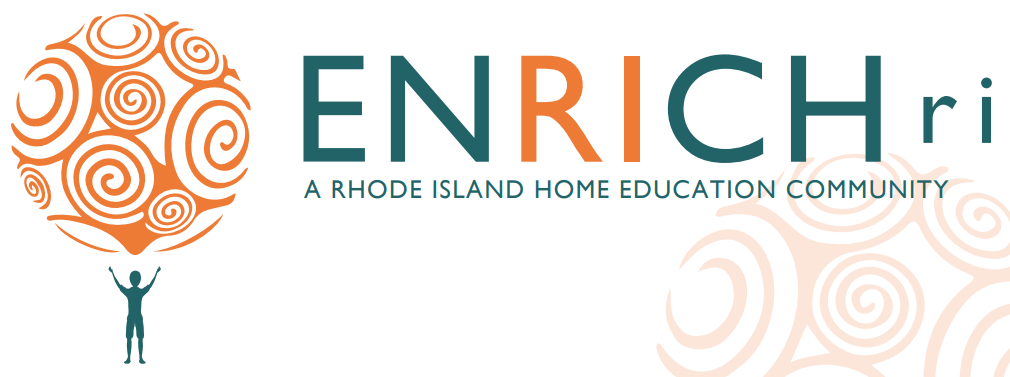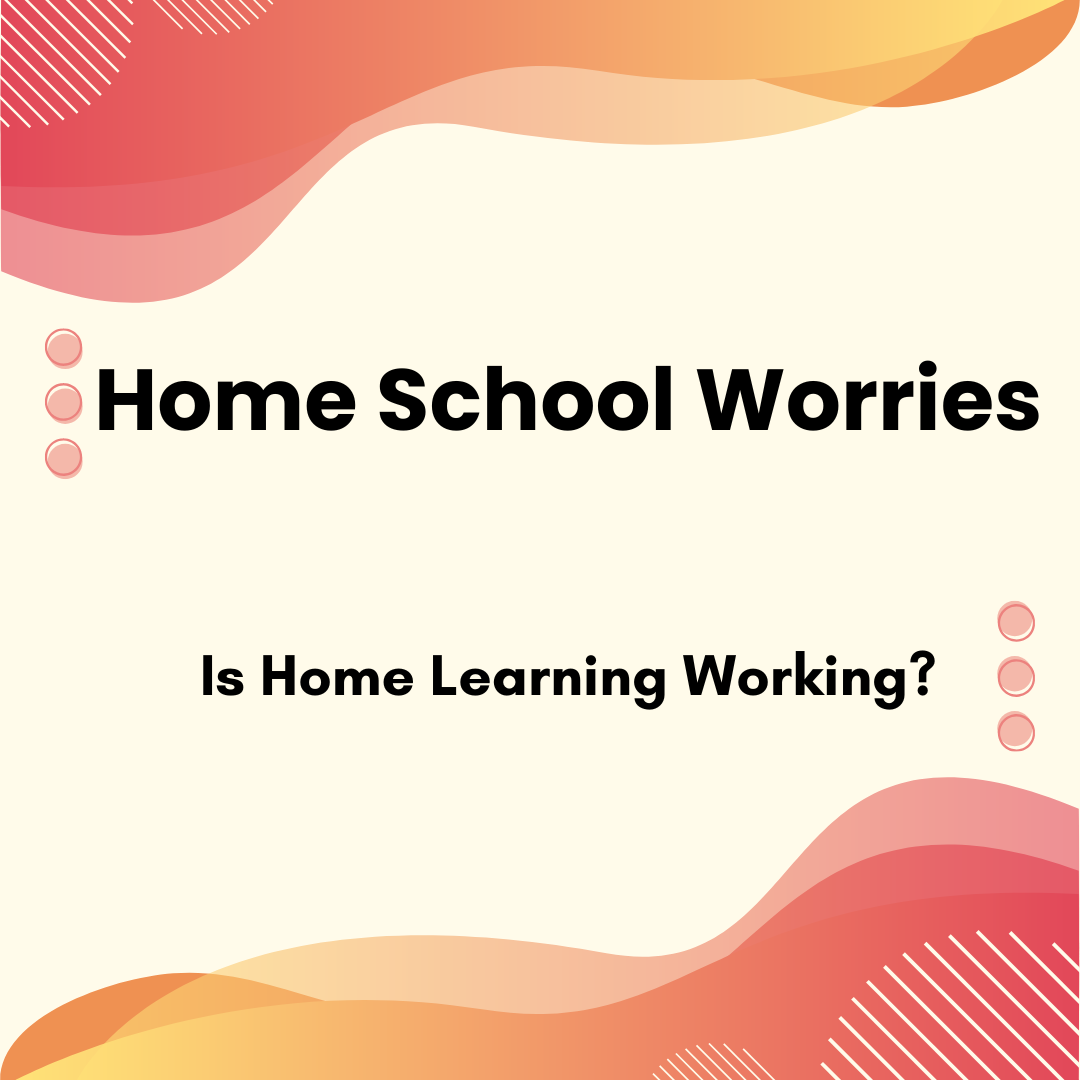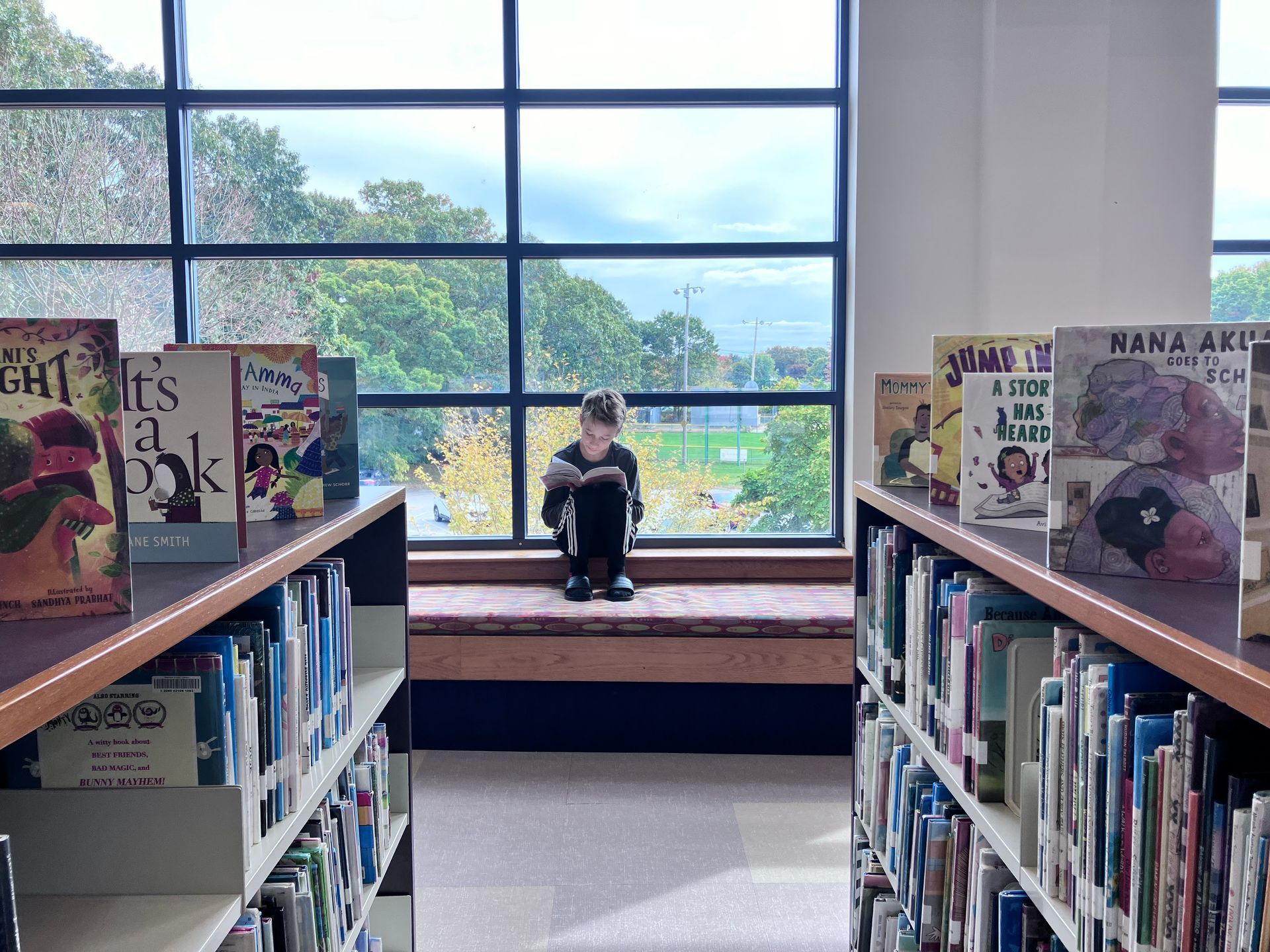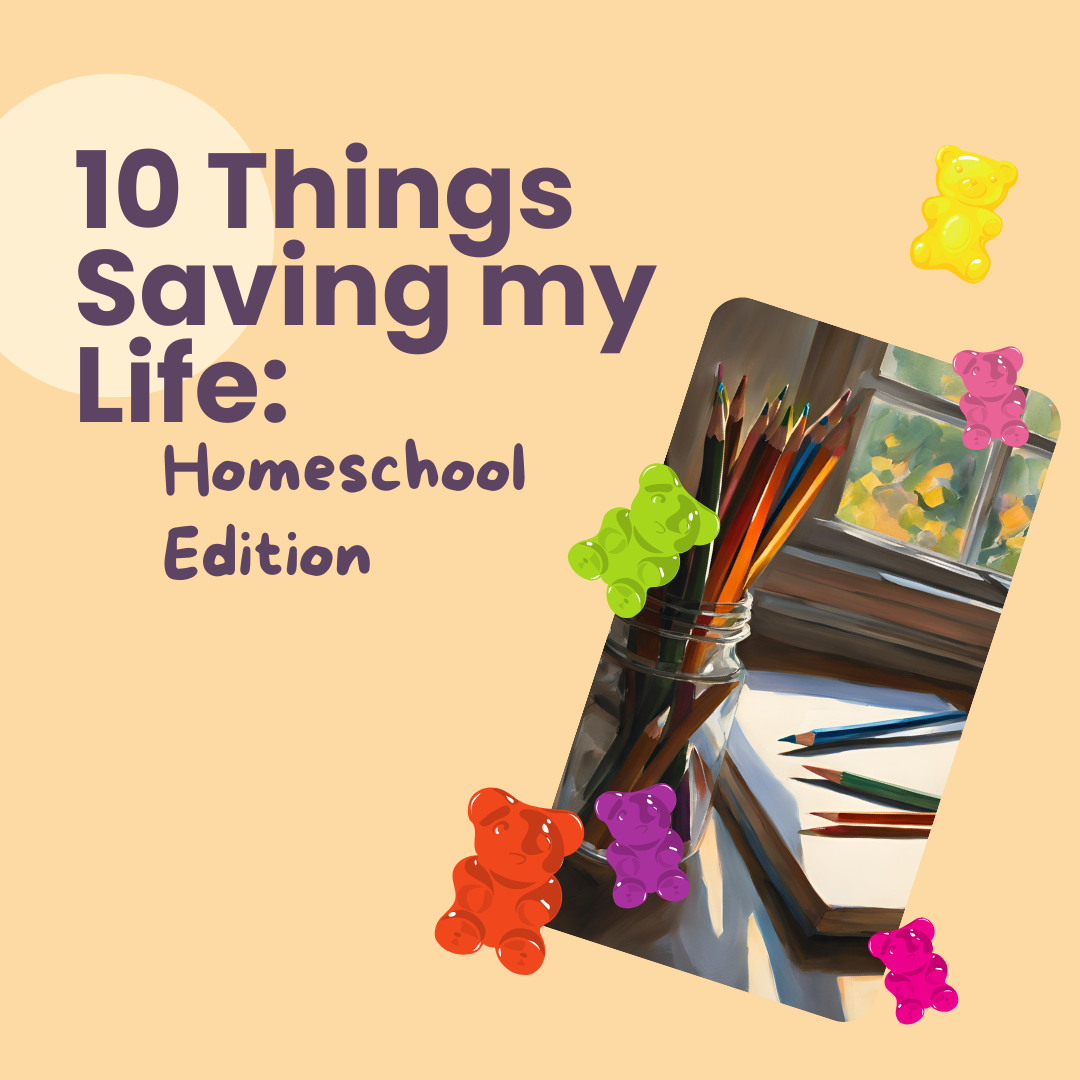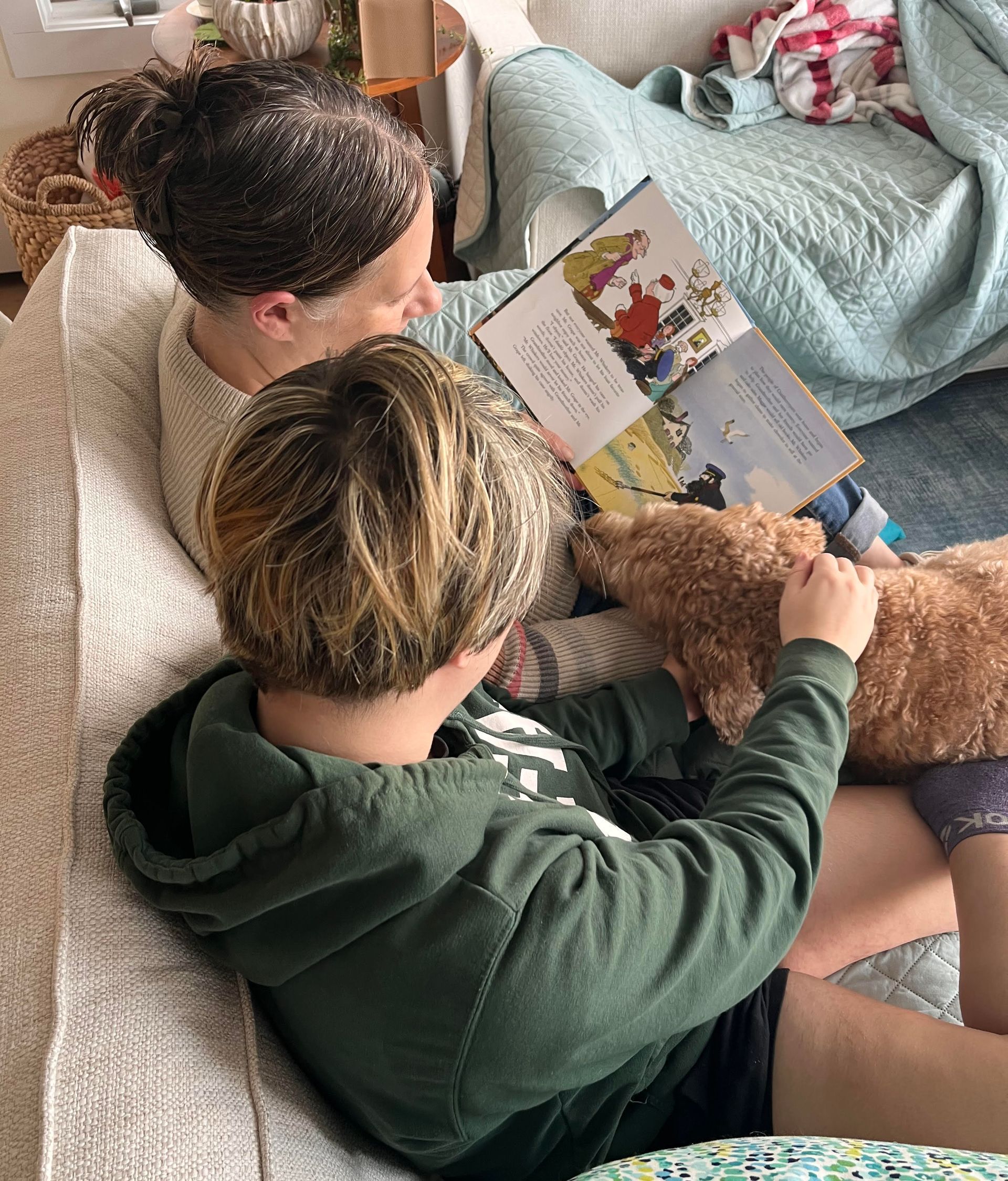Navigating the Homeschool Maze: Why There's No Clear "Best"
Navigating the Homeschool Maze: Why There’s No Clear “Best”
By Melissa Robb, ENRICHri Advocacy Director, with assistance from ChatGPT-4
As the homeschooling movement continues to gain momentum, parents around the world are faced with a myriad of choices. Curriculum options, teaching methods, and educational philosophies abound, leaving many wondering: Is there a definitive “best”
way to homeschool?
The Myth of the One-Size-Fits-All Approach
Let’s debunk a common misconception: There is no universal “best” in homeschooling. Anyone who claims otherwise oversimplifies a complex educational landscape. Here’s why:
- Diverse Learners, Diverse Needs: Children are unique individuals with varying learning styles, interests, and strengths. What works brilliantly for one child may not resonate with another. Homeschooling acknowledges this diversity and allows parents to tailor education accordingly.
- The Ever-Changing Educational Landscape: Expert-approved methods and materials evolve over time. What was considered optimal a decade ago may not hold true today. Flexibility is key. Homeschoolers adapt, experiment, and refine their approaches based on their children’s needs.
- Veteran Homeschoolers vs. Newbies: Seasoned homeschoolers bring a wealth of experience. Their educational journey often includes trial and error, adjustments, and creative solutions. New homeschool parents, may initially rely on their own experience as students and what they believe learning needs to look like but soon discover that homeschooling requires a different mindset.
- The Educator’s Dilemma: Ironically, being an education expert can be both an advantage and a challenge. Teachers-turned-homeschoolers sometimes grapple with unlearning institutional norms. They may start out with a “public-school-at-home” style. Over time they discover that smaller class sizes, yes, even family sizes, allow for more dynamic teaching methods.
- Breaking Free from Factory-Style Education: Traditional schools often follow a factory-style model, where uniformity and efficiency are prioritized. At home, we have the luxury of personalized learning. Informal methods, hands-on experiences, and individualized attention can yield remarkable results.
Some Reasons Why Homeschoolers Opt Out of Traditional Schools
Beyond homeschooling styles, there are numerous reasons why families choose to homeschool. These reasons significantly influence their homeschooling choices.
- Customization: Homeschooling allows parents to customize their child’s education. Whether it’s a child’s passion for astronomy or a struggle with math, homeschooling adapts to meet those needs.
- Child-Centered Learning: Homeschoolers prioritize the child’s well-being and love for learning. The focus shifts from ticking boxes to nurturing curiosity and critical thinking.
- Educational Freedom: Homeschoolers aren’t bound by rigid schedules or standardized tests. They explore topics deeply, take field trips, and learn beyond textbooks.
The Takeaway
So, fellow homeschoolers, let’s celebrate our diversity. Share your favorite methods, recommend curricula, but remember: What’s “best” for one child may not be for another. Let’s embrace the freedom to choose, adapt, and create an educational journey that
suits our unique families.
Remember, there’s no one-size-fits-all solution in homeschooling. Let’s celebrate the rich tapestry of approaches and support one another on this incredible journey!
Share Article
